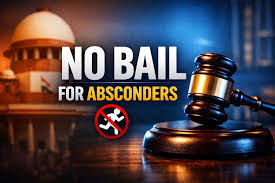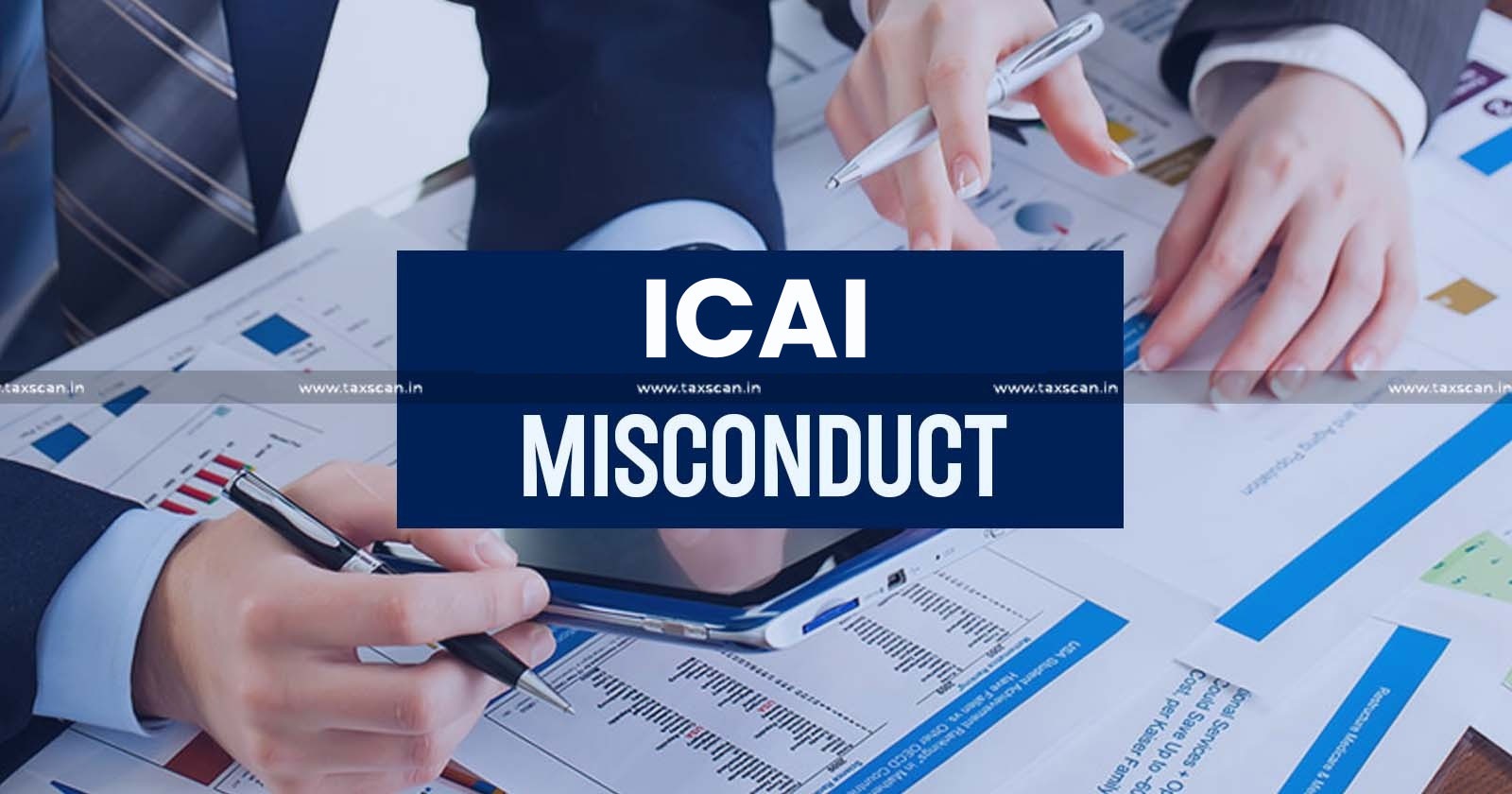K.T. Thomas, J.@mdashA marriage proposal burgeoned and progressed to much leaps. But before it bloomed into wedding it fizzled out and the girl was later given in marriage to another person. However, in the meantime there were some monetary transactions between the parties. The girl''s father sued the betrothed person and his parents for return of the money advanced. As the Trial Court decreed the suit, this appeal has been filed by the defendants.
2. Plaint claim was founded on the following facts : Plaintiff''s daughter Rajula Beevi was proposed for marriage with Mohammed Najeeb (that defendant). During negotiation, a suggestion came from Najeeb''s parents that since their residential house required sprucing up to make it befitting to the bridal home of the couple some money was required. It was favourably reciprocated and plaintiff paid a total amount of Rs. 1,02,920/- to the defendants on different occasions either through cheques or cash. The house was refurbished but the proposed wedding did not take place. Defendants now blame the plaintiff for unilaterally resiling from the proposal, while plaintiff did not blame anybody for it but conceded that the proposal fell out and Rajula Beevi was given in marriage to some body else. However, according to the plaintiff, the amounts were advanced by way of loan and hence he filed the suit for a decree.
3. Defendants in a joint written statement adopted alternate contentions, chief among them are that there was only a payment of Rs. 30,000/- by the plaintiff and nothing more and even that amount was not given as a loan but as a gift since plaintiff too was desirous of having the bridal home spruced up. There was neither any agreement to repay nor any legal liability to return the money.
4. Learned Sub Judge found that the plaintiff had paid a sum of Rs. 1,02,920/- to the defendants out of which Rs. 7,000/- was cruelty paid to the third defendant while the remaining was paid to the other defendants. Lower Court also found that the amount was not paid gratuitously and hence held that defendants are liable to repay the same, Accordingly, a decree was passed allowing the plaintiff to realise Rs. 7,000/- with interest and costs from the third defendant and to realise the balance from the other defendants.
5. Shri, Venkitasubramonia Iyer, Senior Counsel who argued for the appellants, concentrated more on the alleged payment of Rs. 7,000/- to the third defendant by cheque and Rs. 25,000/- to the other defendants by cash on 13-1-1983. Much could not be argued regarding the other payments in view of Ext. A1 letter dated 27-4-1982 written by the first defendant to the plaintiff. The letter contains a clear acknowledgement of receipt of Rs. 70,920/- from the plaintiff. Ext. A1 is an obvious hurdle for the Counsel to dispute the claim of the plaintiff in regard to the amount admitted therein.
6. Evidence to prove the payment of Rs. 7,000/- by cheque consists of the cheque (Ext. XI) drawn on the Canara Bank by P.W.4 (wife of P.W. 3 who was a mediator during negotiations of the marriage). Ext. XI shows that it was drawn in favour of Najeeb. Both PWs. 3 and 4 said that the payee Najeeb in Ext. XI was the third defendant. They explained the circumstances in which Ext. XI cheque was drawn. Evidence of P.W. 1 (plaintiff) and the testimony of PWs. 3 and 4 have established that third defendant received Rs. 7,000/- through Ext. XI cheque and that it was for refurbishing the house. The third defendant against whom such evidence was given evaded the witness box for which no convincing explanation was advanced.
7. Regarding payment of Rs. 25,000/- on 13-1-83, evidence consists of the testimony of plaintiff as PW. 1 and another person (PW. 5) who was involved in the negotiation during proposal stage and P.W. 6 an Assistant Engineer of P.W. D. It was a cash down payment at all the above witnesses have clearly spoken about it. Learned Sub Judge before whom the evidence was given by the above witnesses has chosen to place reliance on the testimony. We don''t see any reason for the plaintiff to make a false case regarding Rs. 23,000/-. On the other hand, the defendants have made false denial of receipt of other payments which they could not persist when they were confronted with Ext. A1 letter. So the lower Court was correct in preferring the evidence of plaintiff''s witnesses regarding payment of Rs. 25,000/- on 14-1-1983. We are in agreement with it.
8. The remaining contention is regarding the liability of the defendants to return the money. Of course, learned Senior Counsel highlighted the dispute concerning receipt of the two disputed amount. Even so, we have to deal with the alternative contention particularly since the appellants have adopted it in their written statement.
9. We must point out first that appellants did not succeed in establishing that the payment was made as a gift in their favour and the lower Court has rightly repelled the said contention. The alternative contention is that since there was no contract between the parties or any promise to repay the amount, there is no liability for the defendants to reimburse what the plaintiff expended for remodelling the house.
10. The principle reeognised in common law was that where any payment was made on the request of a party, there is an implied promise to repay the amount. A distinction has been drawn by the Courts in England as between a payment made on request and that made without such request. In common law the latter was not recoverable from the recipient, whereas the former was (vide Halsbury''s Laws of England-Fourth Edition-Volume 9 at page 437). This was based on the doctrine against unjust enrichment. In para 640 of the said treatise it has been stated thus :
"640. Theory that liability is based on unjust enrichment--The view that all quasi-contractual claims are based on unjust enrichment was originally put forward in the eighteenth century and despite some criticism, it has received strong support in modern times. The supposed need for a relationship of privacy between the parties to a claim in quasi-contract does not prevent the acceptance of the view that such claims are founded on unjust enrichment as ''privity'' in this context may mean no more than the existence of a factual relationship recognised as giving rise to such a claim."
11. Sutton and Shannon on Contracts in the 7th Edn. has dealt with "Quasi-contracts". The following passage at page 437 is apposite in this context:
"When one person has received a sum of money which justly belongs to another and refuses to pay it over, or unjustly detains from another money which he ought to pay him, the law will sometimes permit an action for the money to be brought upon an obligation implied in law to pay, although in fact there has been no promise or agreement to pay. So also where a person confers on another other benefits, such as goods or services, he can require payment for them; but save in exceptional circumstances he must show that the benefit was freely accepted by the recipient in the knowledge that it was to be paid for. The obligation thus implied by law are sometimes called quasi-contractual."
12. The above principle was noted in Britain v. Lioyd (1845) 14 M & W. 762 in which Pullock, C.B. has stated thus:
"It is clear, that, if one requests another to pay money for him to a stranger, with an express or implied undertaking to repay it, the amount, when paid, is a debt due to the party paying from him at whose request it is paid, and may be recovered on a count for money paid...the request to pay, and the payment according to it, constitute the debt, and whether the request be direct, as where the party is expressly desired by the defendant to pay, or indirect where he is placed by him under a liability to pay, and does pay, makes no difference."
This was quoted with approval by Court of Appeal in Re A Debtor 1937 All.E.R. 1. In Seiaon v. Davidson (1962) 2 All.E.R. 755 Wilmer, J. while dealing with a case for return of the money advanced has observed that the admitted payment imported a prima facie obligation to repay.
13. The aforesaid principle was embodied in the Indian Contract Act. Section 69 and 70 are the provisions in which the said principle has been statutory recognised among which Section 70 is the one applicable here. It reads thus :
"Obligation of parson enjoying benefit of non-gratuitous Act--Where a person lawfully does anything for another person, or delivers anything to him, not intending to do so gratuitously, and such other person enjoys the benefit thereof, the latter is bound to make compensation to the former in respect of, or to restore the thing so done or delivered.,''
The Section indicates that there Is no distinction between the grant of a benefit to another on request and a grant without request. In both cases the person who enjoyed the benefit has liability to recompense the grantor of the benefit and the only exception is that when the grant was intended as a gratis the recipient has no legal liability. It is now well settled that Section 70 is much wider in scope than the principles adumbrated in common law (vide Gajapathy Krishna Chandra v. Sreenivasa AIR 1915 Mad. 95.
14. There is no contention for the appellants that the payment made by the plaintiff was unlawful. Further, as the Court below found that the payment was not made gratuitously with which we have already concurred, the corollary is that the defendants cannot be absolved from liability. Thus, there is no escape for the defendants/appellants from repaying the benefit.
In the result, we confirm the decree and dismiss this appeal.

